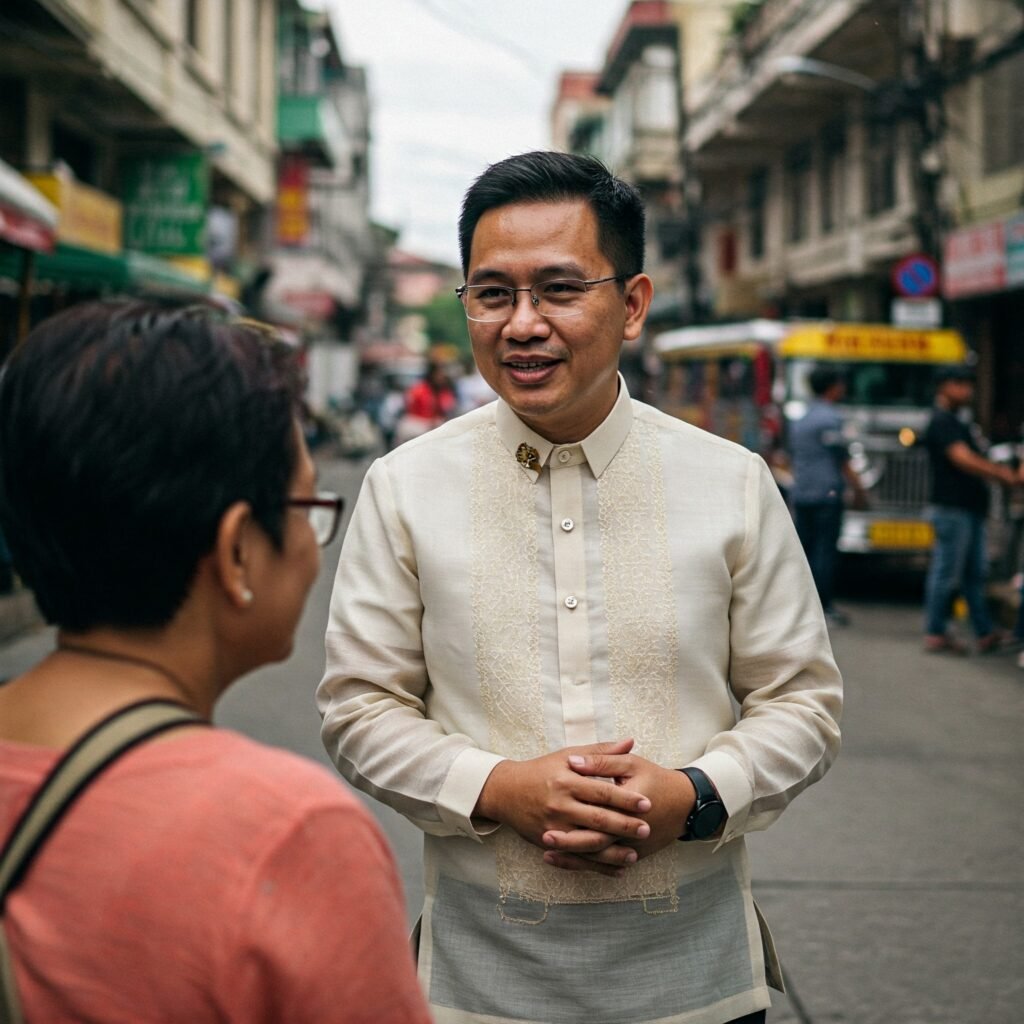
In the Philippines, public policy advocates play a crucial role in shaping the laws and regulations that govern our daily lives. These unsung heroes work tirelessly to ensure that lawmakers craft relevant and effective legislation. However, despite their importance, there remains a significant gap in the number of advocates needed to create a more responsive and adaptive legal framework.
Why the Philippines Needs More Advocates
With rapid advancements in technology and shifting socio-economic landscapes, the need for timely and relevant legislation has never been greater. Public Policy advocacy, especially in digital transformation and technology adoption is essential for addressing the challenges posed by outdated laws that no longer serve the needs of the people. More advocates can provide valuable insights and recommendations on how to amend these obsolete laws and introduce new policies that foster growth and innovation in the country.
Creating a Supportive Environment for Advocacy
To empower public policy advocates in the Philippines, it is vital to create an environment that supports their efforts. This includes providing educational resources, fostering collaborations between different sectors, and encouraging civic participation. By investing in advocacy, we can ensure that our legislative processes remain inclusive and effective, ultimately benefiting all Filipinos.
To foster a truly supportive environment for public policy advocacy in the Philippines, a multi-pronged approach involving various stakeholders is crucial. Here’s a breakdown of key strategies:
1. Strengthening Legal and Institutional Frameworks:
- Enact a Comprehensive Freedom of Information (FOI) Law: While the Philippines has an Executive Order on FOI, a law passed by Congress would solidify the right to access government information across all branches and levels, empowering advocates with the data they need for evidence-based policy recommendations.
- Protect Civic Space: Ensure laws and regulations do not unduly restrict the rights to freedom of assembly, association, and expression for advocacy groups and individuals. Safeguarding against intimidation, harassment, and violence against advocates is paramount.
- Establish Clear Guidelines for Engagement: Develop transparent and accessible guidelines for civil society organizations (CSOs) and advocacy groups to engage with government agencies and legislative bodies. This includes clear processes for consultations, public hearings, and submissions of policy proposals.
- Promote Whistleblower Protection: Strengthen laws that protect individuals who report corruption or wrongdoing within the government, as this can provide crucial information for policy reform advocacy.
2. Enhancing Government Openness and Responsiveness:
- Increase Transparency and Access to Information: Government agencies should proactively disclose relevant data, reports, and policy documents online in easily accessible formats. Open data initiatives can empower advocates with valuable resources.
- Institutionalize Public Participation Mechanisms: Establish formal mechanisms for citizen and CSO participation in policy formulation, implementation, and monitoring at all levels of governance. This can include advisory councils, multi-stakeholder platforms, and regular consultations.
- Promote a Culture of Dialogue: encourage and incentivize government offic to engage in open and constructive dialogue with policy advocates, viewing them as valuable partners in identifying and addressing societal challenges.
- Provide Feedback Mechanisms: Establish clear channels for advocates to provide feedback on government policies and processes, with a commitment to considering and responding to this input.
3. Building the Capacity of Policy Advocates:
- Invest in Training and Education: Support programs that enhance the skills of policy advocates in areas such as policy analysis, research methodologies, communication strategies, lobbying techniques, and coalition building.
- Facilitate Networking and Collaboration: Create platforms and opportunities for policy advocates from different organizations and sectors to connect, share knowledge, and build alliances.
- Provide Access to Resources: Support initiatives that provide advocates with access to research databases, funding opportunities, and technological tools.
- Promote Ethical Standards: Encourage and support the development of ethical guidelines and codes of conduct for policy advocates to ensure credibility and public trust.
4. Fostering Public Awareness and Support:
- Promote Media Engagement: Encourage media outlets to cover policy issues in a comprehensive and unbiased manner, highlighting the role and impact of policy advocacy.
- Support Public Education Campaigns: Raise public awareness about the importance of policy and citizen engagement, and how advocacy can lead to positive change.
- Utilize Digital Platforms: Leverage social media and online platforms to disseminate information, mobilize public support for policy reforms, and facilitate dialogue between advocates and the public.
5. Encouraging Collaboration and Partnerships:
- Strengthen Government-CSO Partnerships: Foster trust and collaboration between government agencies and CSOs, recognizing their complementary roles in policy development and implementation.
- Promote Multi-Sectoral Alliances: Encourage collaboration among CSOs, the private sector, academia, and other stakeholders to build broader support for policy reforms.
- Engage the International Community: Seek partnerships and learn from the experiences of international organizations and other countries in supporting policy advocacy.
Who Wins with a Strong, Solid Policy Advocacy Environment?
A thriving environment for public policy advocacy ultimately benefits everyone in the Philippines:
- The Filipino People: They gain policies that are more responsive to their needs, protect their rights, and promote their well-being. Their voices are amplified, leading to a more just and equitable society.
- The Government: It benefits from informed perspectives, evidence-based recommendations, and increased public trust and legitimacy. Constructive engagement with advocates can lead to more effective and sustainable policies.
- Civil Society Organizations: empowered to fulfill their crucial role in holding the government accountable, representing citizen interests, and driving social change.
- The Economy: Sound policies informed by diverse perspectives can lead to a more stable, inclusive, and sustainable economy.
- Democracy: A vibrant advocacy environment strengthens democratic processes by fostering citizen participation, transparency, and accountability.
By collectively working towards these strategies, the Philippines can cultivate a supportive ecosystem where policy advocates can effectively contribute to shaping a better future for the nation. We hope to be able to see the day these ideal scenarios happen. Although the political situation in the Philippines now is quite messy, it is also an opportunity for Filipinos to come together to fix the country’s problems.
Leave a Reply